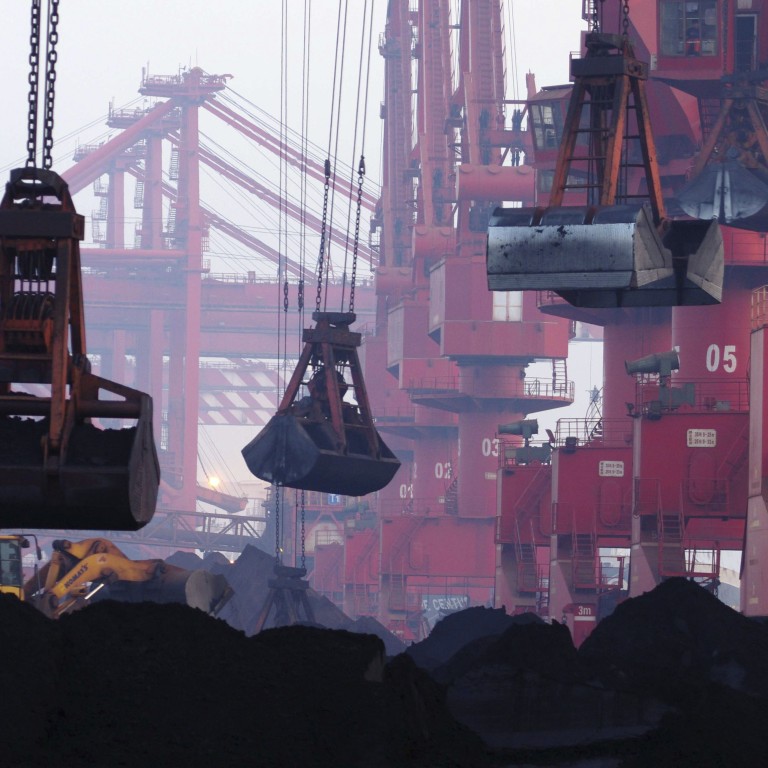
China iron ore trading platform considers deposits to cut default risk
China’s biggest physical iron ore trading platform is considering collecting deposits from market members including miners and steelmakers to curb the risk of them defaulting amid volatile prices, its president said.
Prices for the steelmaking ingredient have been ping-ponging over the last few months, increasing the chances that some buyers or sellers could walk away from deals agreed at levels they consider relatively unfavourable.
Rebounding to US$65 a tonne in June from below US$47 in April, the glut-hit commodity slid to a decade-low of US$44 in July before recovering to around US$56 currently.
"A dispute occurred when one party tried to cancel a sale or purchase after the transaction was concluded on the platform. We think it’s normal because it happens in traditional trade as well," said You Song, president of the Beijing Iron Ore Trading Center. He did not give more details, but said there had been a few disputes.
"That’s why we are going to introduce the standard contract and why we are going to collect deposits from members," You said, adding that change would only be implemented after consulting with members.
The move could differentiate the platform, also known as COREX, as it competes with Singapore-based globalORE – the world’s largest platform for spot iron ore cargoes – which does not require deposits from members. Although the additional cost of providing deposits could weigh on some firms.
A dispute occurred when one party tried to cancel a sale or purchase after the transaction was concluded on the platform. We think it’s normal because it happens in traditional trade as well
Both platforms include top iron ore miners Vale, Rio Tinto and BHP Billiton, along with major steelmakers like Baoshan Iron and Steel and Hebei Iron and Steel.
COREX has 126 members, while globalORE has 106, according to their websites.
Trades on these platforms are used by pricing agencies such as Platts to help determine prices of globally traded iron ore, which reaches around 1.4 billion tonnes annually.
COREX took over the China Beijing International Mining Exchange, the country’s first physical iron ore trading platform, in September last year.
Volume traded on the platform climbed to almost 10 million tonnes in the four months starting September from 4 million in the first half of 2014. In January-July this year, volume reached 19.56 million tonnes.
That puts volume on track to hit 30 million tonnes this year, said You. He aims to boost that to 100 million tonnes in five years.
GlobalORE said its volume reached 27.24 million tonnes in January-July. It handled 46.25 million tonnes in 2014 – the most since it started in 2012.

